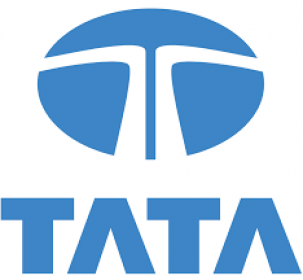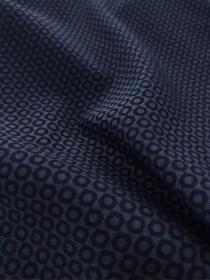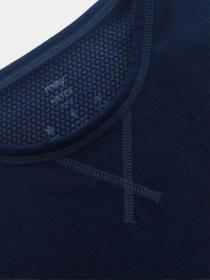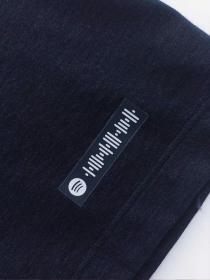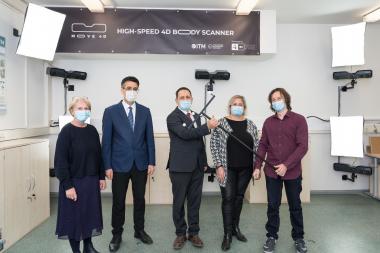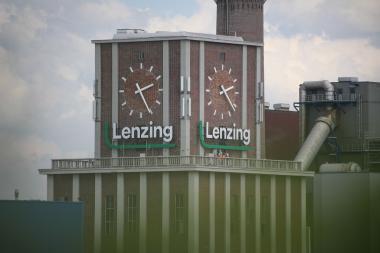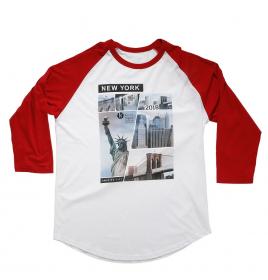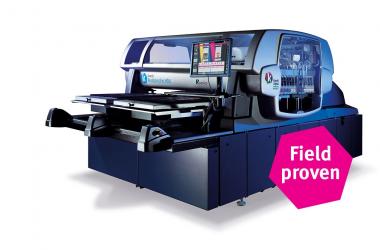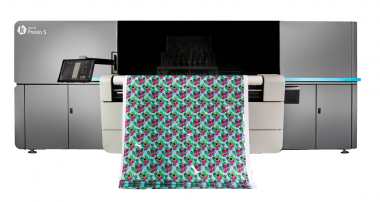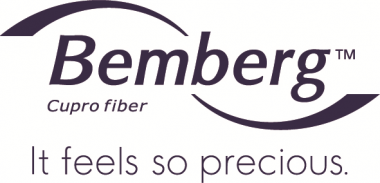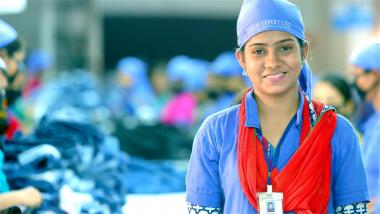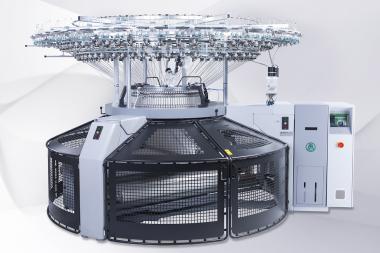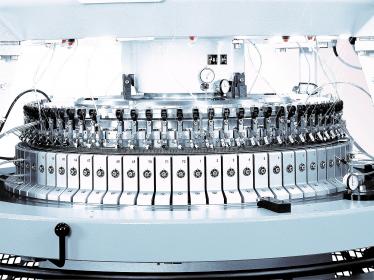TATA Communications recognised for leadership in Sustainability by CDP
Tata Communications, a global digital ecosystem enabler, has been recognised by global environmental non-profit organisation, Carbon Disclosure Project (CDP) with the distinguished ‘A-’ leadership score for implementing current best practices in sustainability for climate change. Tata Communications score is higher than the global average of ‘C’ and higher than the Asia region average of ‘D’. The Company scores the highest global score for playing a leading role in Climate Change governance, value chain management, energy efficiency, risk and opportunity disclosures in CDP 2020 reporting.
Tata Communications is among the top 34% companies globally to have received the leadership score for best practices out of 9,600+ companies that reported environmental disclosures this year. The scores are attributed basis a comprehensive peer benchmarking and sustainability performance.
The company made some strategic shifts in implementing several energy efficiency measures and this recognition reaffirms its focus on sustainability. In fiscal 2020, Tata Communications sourced approximately 15 million units of renewable energy and implemented emission reduction initiatives resulting in energy savings to the tune of 0.8 million units.
Tata Communications Sustainability strategy is based on the three facets of environment, social and governance (ESG) principles. The Company’s objective is to drive value creation for its stakeholders and drive sustainable business growth by managing risks and embracing opportunities, implementing robust governance practices and optimising the economic, environmental and social performance.
Harvard Engage! Communications


